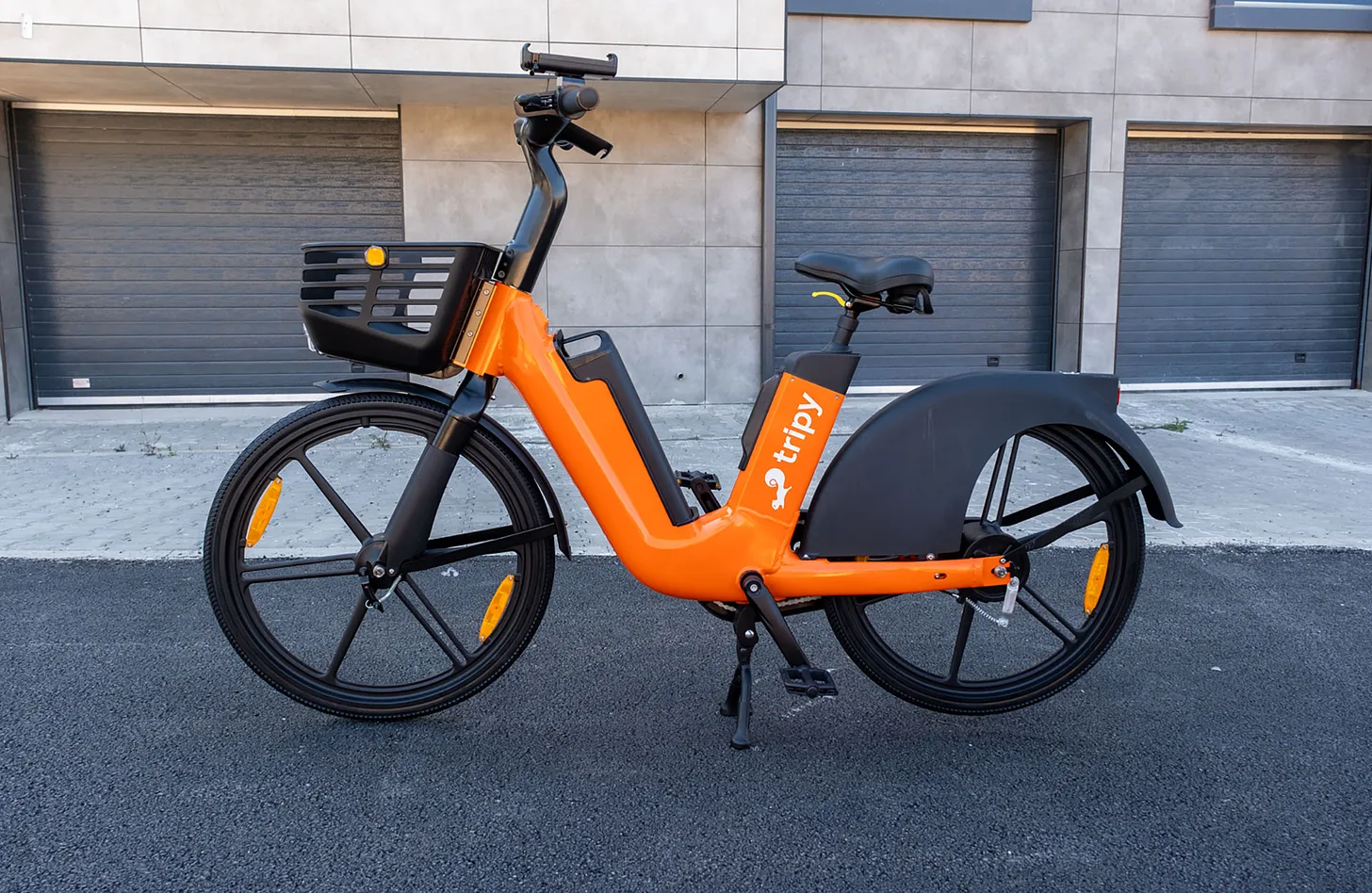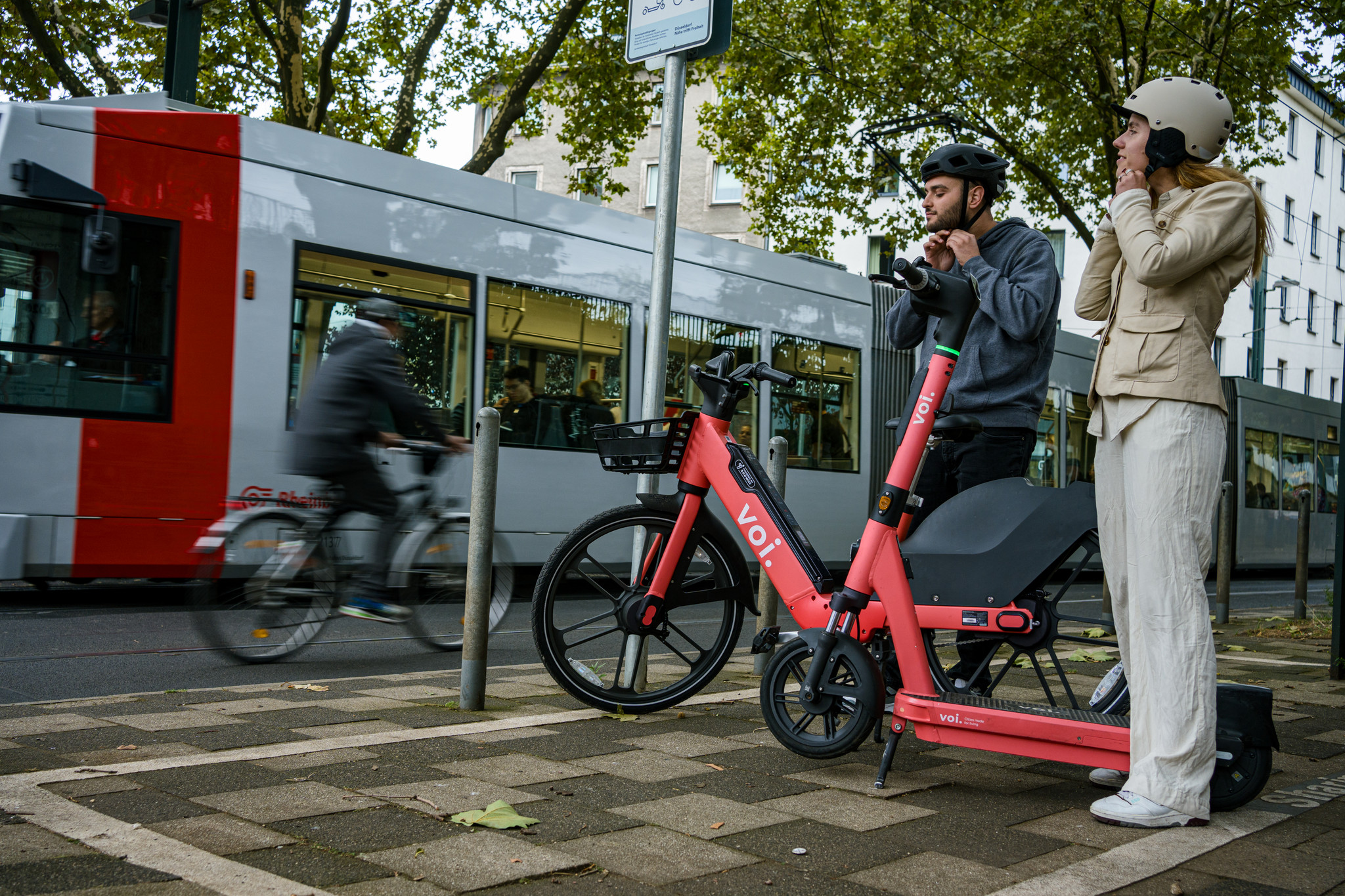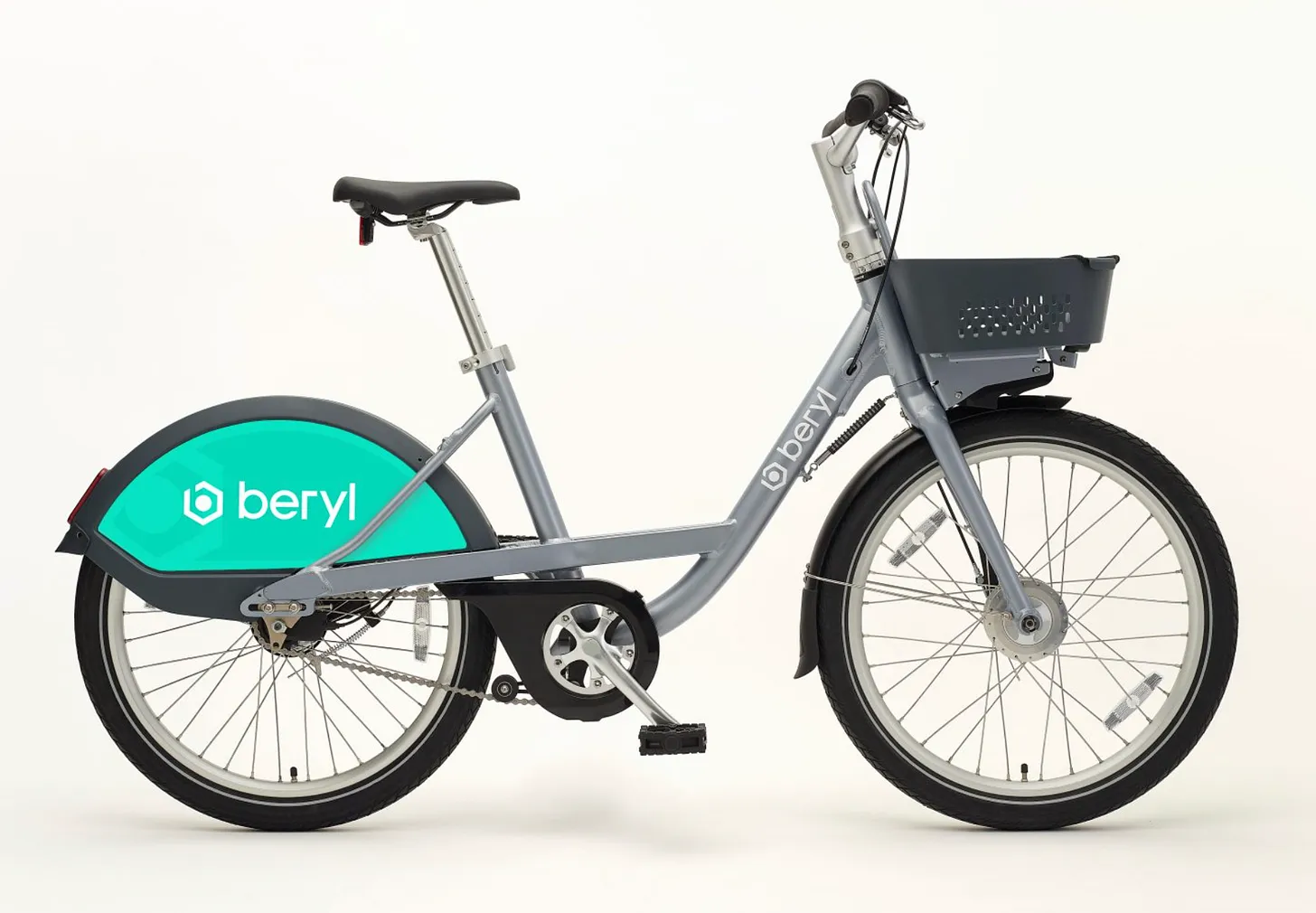Welcome to the Micromobility Newsletter, your weekly digest of important events and industry news in the world of personal transportation.
New podcast

Leading up to Micromobility Europe, we talk about the state of micromobility in Europe with Prabin Joel Jones, Founder and CEO of Mayten along with Augustin Friedel, Senior Manager, MHP – A Porsche Company. Listen to our latest podcast episode here.
Here are a few of the topics we covered:
- The Tier and Dott merger
- Predictions for continued consolidation in the shared mobility space, with potential mergers or acquisitions among companies like Bolt, Lime, and Voi.
- Why Europe's position on AVs lags compared to the U.S. and China due to a lack of investment and no existing tech giants.
- How government and local authorities could play a more significant role in advancing AVs and shared mobility through funding and regulatory support.
- Safety is discussed as a primary concern for micromobility users, with different European cities showing varying degrees of progress in creating safe infrastructure for cyclists and scooter users.
If you find this conversation interesting, you should definitely check out our Micromobility Europe conference in Amsterdam on June 5-6. We’ll have the smartest, most relevant discussion in mobility technology, not just onstage, but also in networking sessions and parties.
Tickets are on sale for just €250 for the next week or so. Book now before prices go up.
What You Need to Know Today
After its annual revenue fell 16% last year, Giant, the world’s largest bike manufacturer, says it is looking to e-bikes for growth. The Taiwanese company is betting that electric bikes, which currently represent 30% of its revenue, will be "the main growth driver in the cycling market” in the mid- and long-term.
This hypothesis is being borne out in Germany, where e-bikes outsold acoustic bikes for the first time ever last year. “A total of 2.1 million e-bikes were sold in Germany in 2023, accounting for 53% of the market, compared to the 1.9 million regular bikes sold.”
A similar dynamic can be seen in the U.S. In 2023, e-bikes helped cycling shops counterbalance the worst year on record for acoustic bikes, according to import data. “Pedal-only bike imports for 2023 were down by a whopping 41% from 2022, which itself was down just over 31% from 2021… By way of comparison, e-bike imports were 990,000, down just 10% from 2022, which represented a 25% increase from 2021.”

Toronto-based Joyride, a shared micromobility platform, has secured $5.2M in Series A funding to develop software-connected vehicles for larger OEMs. The round was led by Japanese manufacturer Yamaha Motors.
Fleet optimization provider Necture (formerly Ubiq) has raised additional funds, bringing its total Series A raise to $7.6M. The round was led by Smart Energy Innovationsfonds and Verbund X Ventures.
GoUrban, a shared-mobility software startup that is based in Vienna, has raised $3.3M to expand its offerings for corporate fleets.
Last but not least, the Swedish scooter-sharing startup Voi has raised $25M, a mix of debt and equity, to expand its fleet and focus on profitability amid a wave of consolidation. The company claims to have achieved its first EBIT-positive quarter in 2023.

President Biden’s proposed budget would allow transit agencies to directly fund bike-share and scooter-share for the first time. Public dollars could prove decisive for operators that sometimes struggle with profitability, yet provide a clear public good by reducing car usage, much like mass transit.
In Florida, a legislative push that would have given municipalities greater authority to restrict electric bikes has collapsed.
Speaking of Florida, Tampa is going to make it easier for residents to buy electric bikes by tripling the amount of funding for its voucher program. And Bentonville, the cycling mecca of Arkansas, has approved a $2.2M agreement to pilot e-bike rebates.
VanMoof reboot: The Dutch e-bike producer that went bankrupt, and was subsequently acquired by McLaren Applied, last year, has signed up 50 repair repair and service centers across Europe.

How—and why—to start a neighborhood e-bike library. “The library organizers we spoke to for this story say they’ve made hundreds of loans with little more than word-of-mouth and online promotion, and they estimate that between one-third and half of their patrons have gotten their own ride in as little as two months.”
After a period of loss-making operations, Finnish startup MaaS Global has declared bankruptcy. The company, known for its Whim app which enables users to reserve various modes of transportation, including public transit, shared micromobility options, and taxis, had raised more than $160M since its founding in 2015.
Last month Paris voted to raise parking fees for SUVs in a public referendum. Now a number of other cities, including London, are considering similar measures to tax the use of heavier, more polluting vehicles.
Amsterdam is trialling a new “intelligent speed adjustment” technology that will automatically cut power to e-bikes when riding near hazardous areas, such as traffic centers, schools, and parks. Why do the City of Amsterdam’s traffic leaders feel the need to limit the speeds of bikes—and when do they intend to do the same for faster, heavier, deadlier cars? You can be sure we’ll ask them at Micromobility Europe.
For Our Next Webinar…
.png)
The micromobility industry cannot exist without connectivity. Customers will not be able to unlock the vehicle, start and end rides, vehicles will be lost, stolen or left out of service zones, batteries will die without notice and valuable data about ridership will not exist. In other words, the industry is relying on having a reliable, fast, secure and smart solution for connectivity.
Come join our expert webinar panel next week to learn how connectivity is becoming a key factor in paving the way to profitability.
Register Here
Twitter | YouTube | LinkedIn | Instagram | Blog | Podcast

.svg)
%2Bcopy.jpeg)

.svg)












